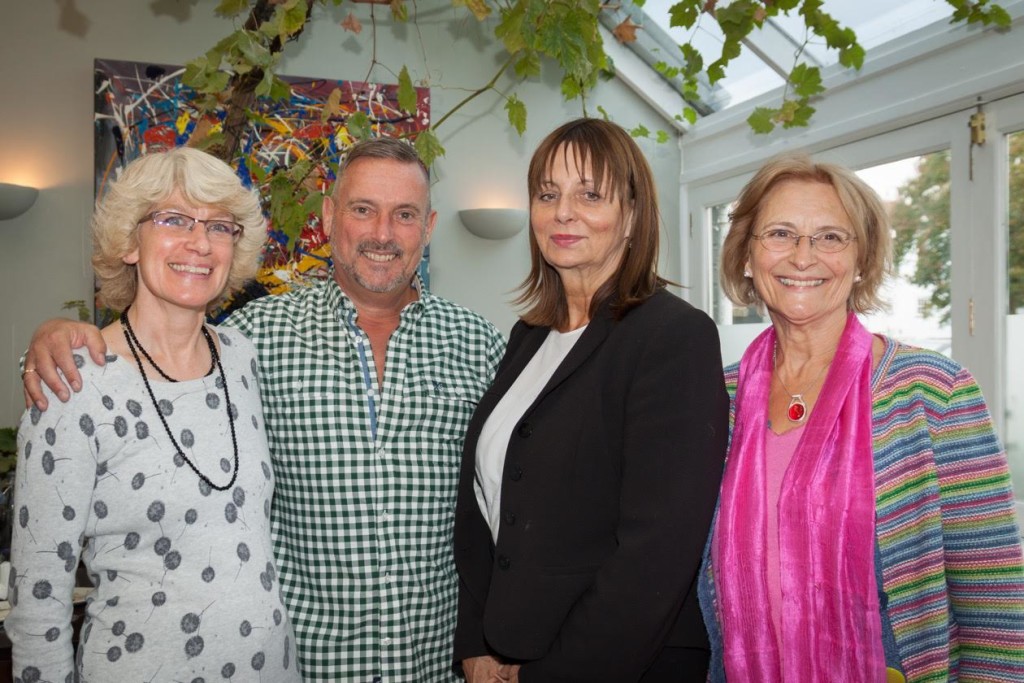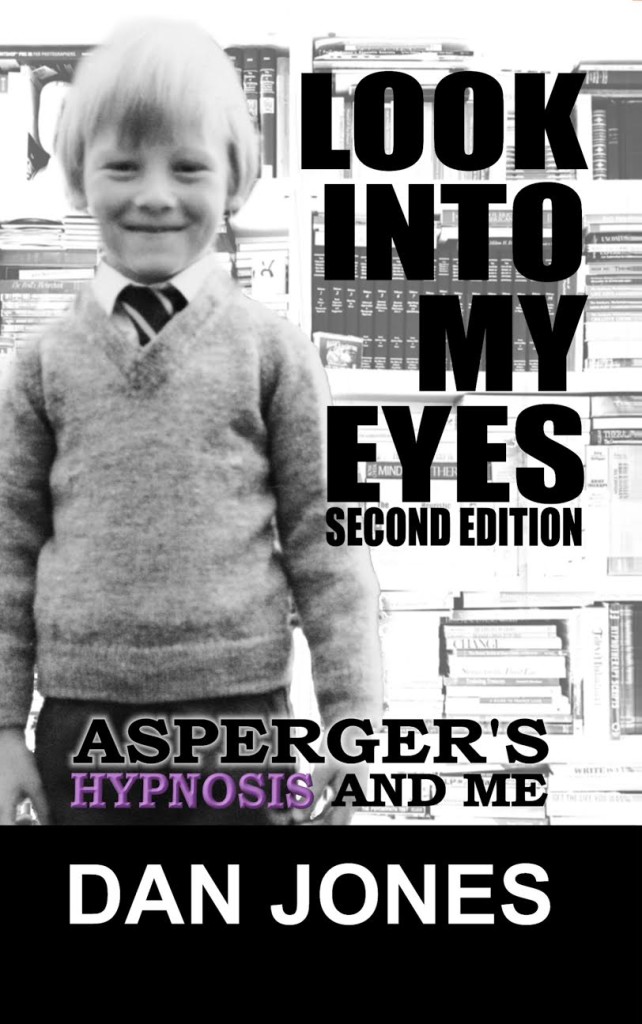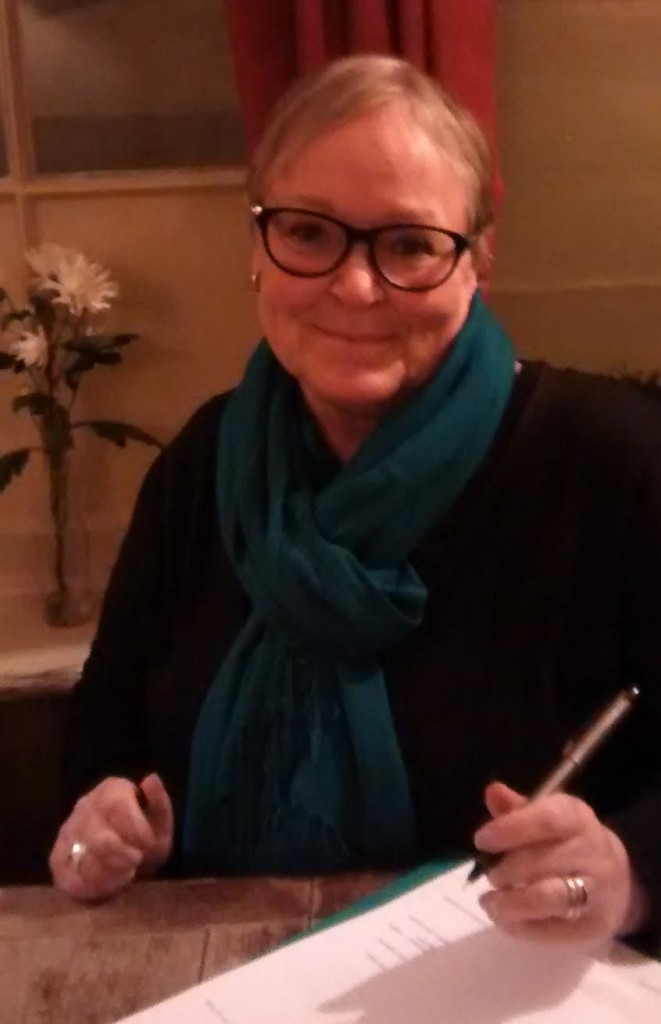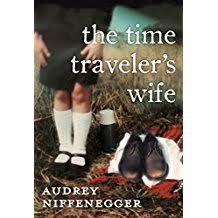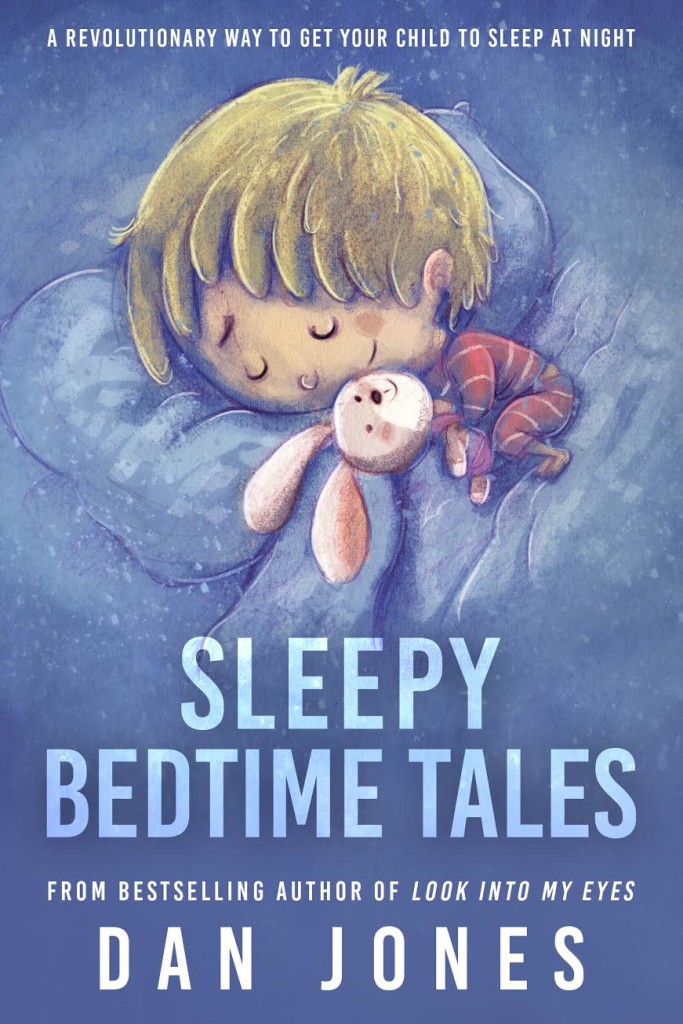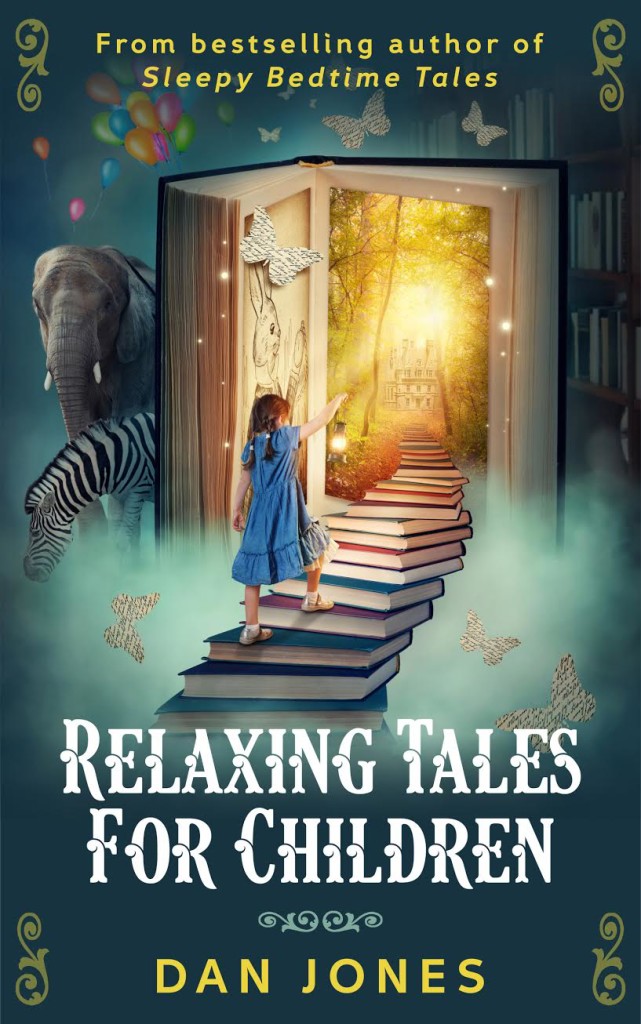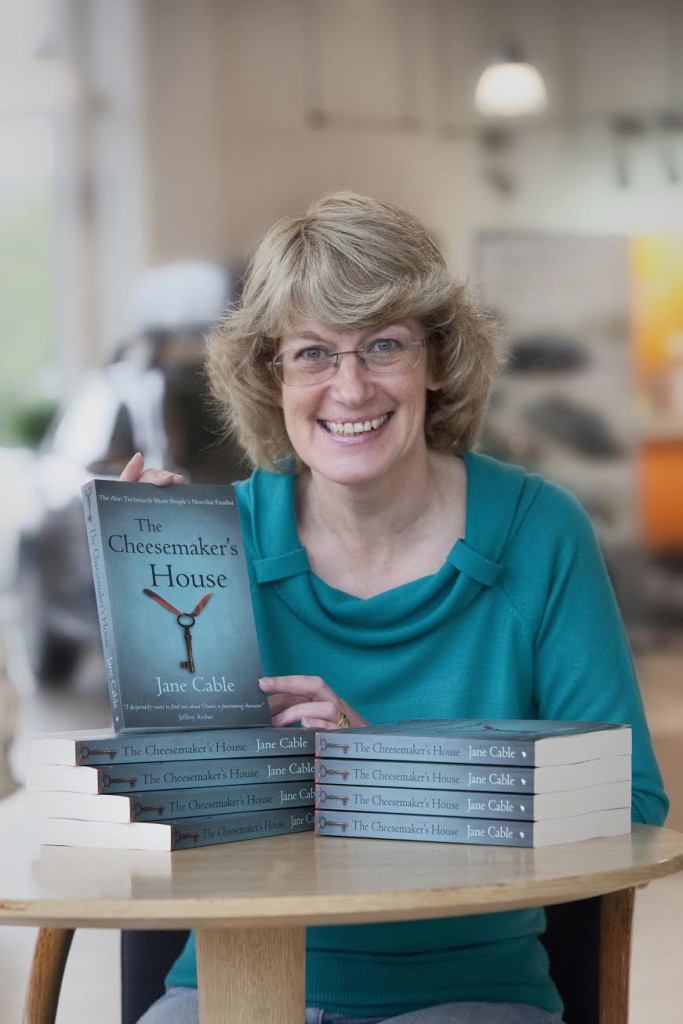 The Business of Books: The Feeling’s Mutual
The Business of Books: The Feeling’s Mutual
Jane Cable muses support from other writers
I had a very interesting conversation on Thursday. At the Romantic Novelists’ Association Cornish Chapter lunch we fell to talking about how best to market our books. None of us felt we had a firm grasp of what worked and what didn’t, but all the same I was adamant that doing something was better than doing nothing.
Take the RNA’s #TuesNews initiative. On Tuesdays a number of us (probably about a hundred or so of the full membership) retweet each other’s posts carrying the hashtag. As a result our Twitter feeds fill with the latest news from romantic novelists, some blatant promotion and some a bit more interesting, but we do it to support each other. And actually, for readers and bloggers with an interest in the genre it’s a good place to find out what’s going on in the world of romantic fiction.
You also come to ‘know’ the regular retweeters and interact with them in other places and in other ways. Writing can be isolating and it’s good to know there are people around you sharing the same experiences, even if it’s in a virtual sense. Whether or not there are sales to be gained from the exercise is perhaps less important than the feeling of being part of something larger.
I belong to a number of groups of writers, formal and informal, and all have their own character. The No 1 Author Buddy Ladies on Facebook has become a real place for mutual support. We have just over 100 members covering multiple genres and writers at different stages of their careers help each other out. We celebrate when someone has their first deal, help them to see the wood for the trees with potentially dodgy contracts and chip in on all sorts of subjects from naming characters to helping to promote special offers.
All the same it’s still helpful to meet other authors face to face, like at the Cornish Chapter lunch. The problem is that finding mutually convenient times for meetings is hard, and even local groups need to be flexible. Take Chindi Authors – formally Chichester Independent Authors and now rebranding as Celebrating and Helping Indie Authors with a stronger online presence and virtual meetings. Chindi has always existed primarily to help with publishing and marketing indie books and to gain real depth of experience across all genres we needed to extend our reach beyond the confines of our corner of West Sussex.
I still have a hunch that the authors you support the most are those you actually know. Certainly when setbacks come they are the ones you turn to for advice and – let’s face it – sympathy. Although when I recently parted company with my agent because she didn’t rate my current manuscript my loving husband cracked open the champagne (literally!), it was author friends who provided solid advice and shored up my wavering confidence in my work.
In the digital age writers can’t afford to be isolated and selfish with their time and a large number aren’t. I suppose there are those who are, but we simply don’t know them. There is huge generosity out there, such as JoJo Moyes on Twitter offering a week in her holiday home for an aspiring writer to work in peace and Chindi Authors pulling together to raise almost £1,000 for Words for the Wounded.
The world of publishing is getting tougher and it’s up to writers to work together to make the best of it. So if anyone is reading this in a lonely garret – reach out – you’ll be surprised what you find.

